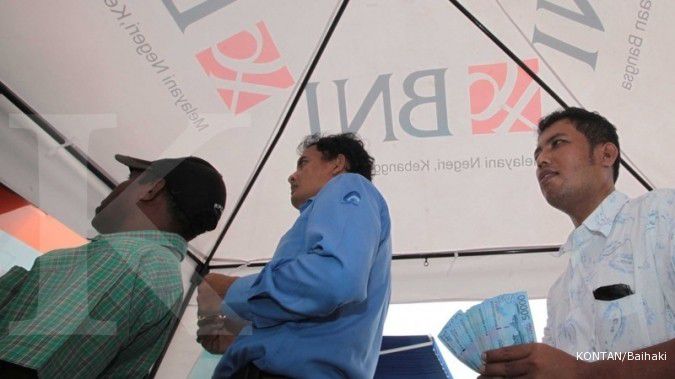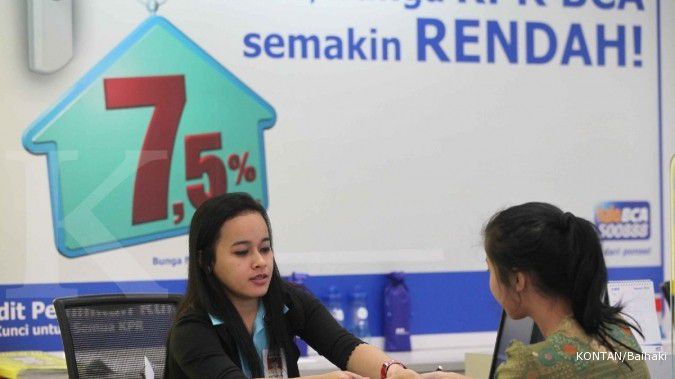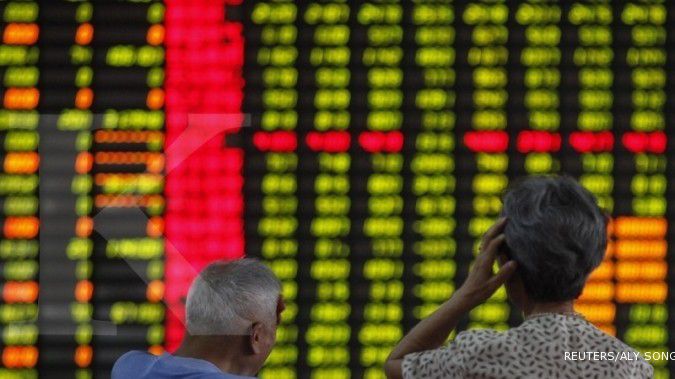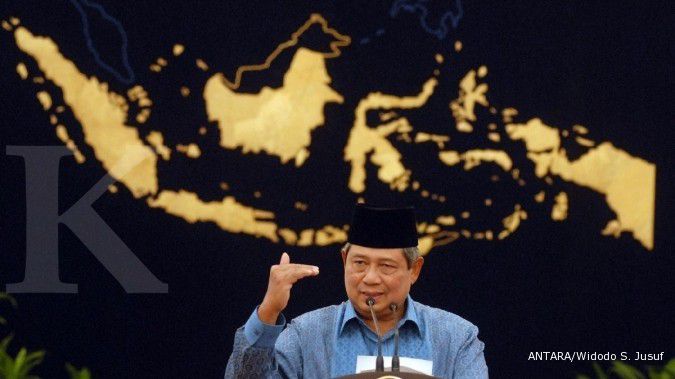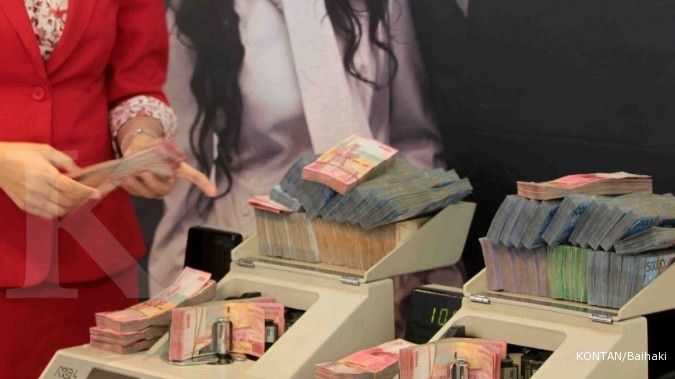JAKARTA. PT Asuransi Jiwa Manulife Indonesia (AJML), a key profitmaker for its Canadian parent company, expects to grow three times the country’s economic growth rate this year as it intensifies sales throughout the country.
Manulife Indonesia president director Chris Bendl said Indonesia was currently the third-largest profitmaker in Asia, a region that had contributed a third to the core earnings of its parent, Manulife Financial.
“The biggest operations in terms of profit are Japan and Hong Kong. Indonesia is third and is closely followed by China,” he said.
Manulife Financial had booked core earnings of US$583.6 million as of June this year. Insurance sales hit $890.2 million, of which $250.1 million came from Asia.
Bendl added that this year Manulife Indonesia expected another multiple-fold ramp up of business in relation to the country’s gross domestic product (GDP) growth rate.
“Historically, we have grown at about three times above the GDP,” he said in an interview with The Jakarta Post.
The Indonesian government has pegged the country’s economic growth rate at 6.3 percent this year. The World Bank, however, has lowered its estimate to 5.8 percent due to inflation.
Bendl said over the second quarter alone, Manulife saw total premiums grow by 34 percent annually to Rp 5.2 trillion ($483.6 million).
Meanwhile, gross new business premiums rose 38 percent to Rp 3.5 trillion, with total new business annual premium equivalent (APE) surging by 28 percent to Rp 845 billion.
Manulife Indonesia’s assets under management (AUM) have also climbed upwards by 20 percent to Rp 29.8 trillion.
“We have also paid Rp 2.6 trillion in claims over the second quarter,” Bendl added.
However, he anticipated a “slowdown” in the third quarter as a result of the economy’s worsening macro-economic conditions.
“We can definitely see slowing down in the third quarter partly due to inflation, which could cause companies to defer from their decisions,” he said, adding that rising interest rates would have the same effect.
Furthermore, uncertainties surrounding the social security program (BPJS) have caused confusion for businesses, he said.
The Indonesian government plans to implement universal healthcare coverage in 2014. As part of the program, the government will require employers to pay 4 percent and employees 1 percent to the health insurance program under the BPJS.
Despite this mandate, Bendl said that the company would remain capable of attaining targets as it strengthened distributions.
Manulife Indonesia vice president director Nelly Husnayati said the company had decided to focus on strengthening its existing channels — outlets and sales agents — this year.
Manulife Indonesia has 10,838 agents spread across 24 cities and has partnered with 11 banks, including Bank Danamon.
Bendl said that a majority of the company’s expense had been on developing Manulife’s “people”.
“Manulife Indonesia’s expense budget is $100 million, and a big chunk of it goes to people, real estate, information technology [IT], marketing and branding,” he said.
He added that Indonesia would remain a high-potential country for insurers as Indonesia’s middle class continued to grow.
“Only approximately 5 percent of Indonesians are covered by insurance, so it is about how we expand the pie and get more Indonesians covered,” he noted. (Mariel Grazella)
Manulife upbeat despite economic slowdown
August 22, 2013, 05.31 PM
/2011/07/05/2123024652.jpg)
ILUSTRASI. Epson
Source: The Jakarta Post
| Editor:
Latest News
-
February 24, 2026, 03.38 PM
Eni to Reach Final Investment Decision for Indonesia Gas Projects Next Month
-
February 24, 2026, 01.00 PM
Asia Stocks Try to Steady after Wall Street Selloff Sims Mood
-
February 23, 2026, 04.50 PM
Wall Street Futures and Dollar Slide on Trump Tariff Tumult
-
February 23, 2026, 02.17 PM
Indonesia's Government Spending Jumps 26% in January 2026
-
February 23, 2026, 01.47 PM
Indonesia's Government Spending Jumps 26% in January
-
February 21, 2026, 06.00 AM
Indonesia's Pertamina to Maintain Bidding Process for US Energy Imports
-
February 20, 2026, 01.23 PM
Indonesia Secures 19% Tariff Deal with US, Palm Oil and Other Commodities Exempt
-
February 20, 2026, 08.33 AM
Indonesia, US Sign Agreement on Reciprocal Trade, Indonesian Ministry Says
-
February 19, 2026, 08.12 AM
Indonesia, Freeport Units Sign MoU to Extend Mining Permit beyond 2041
